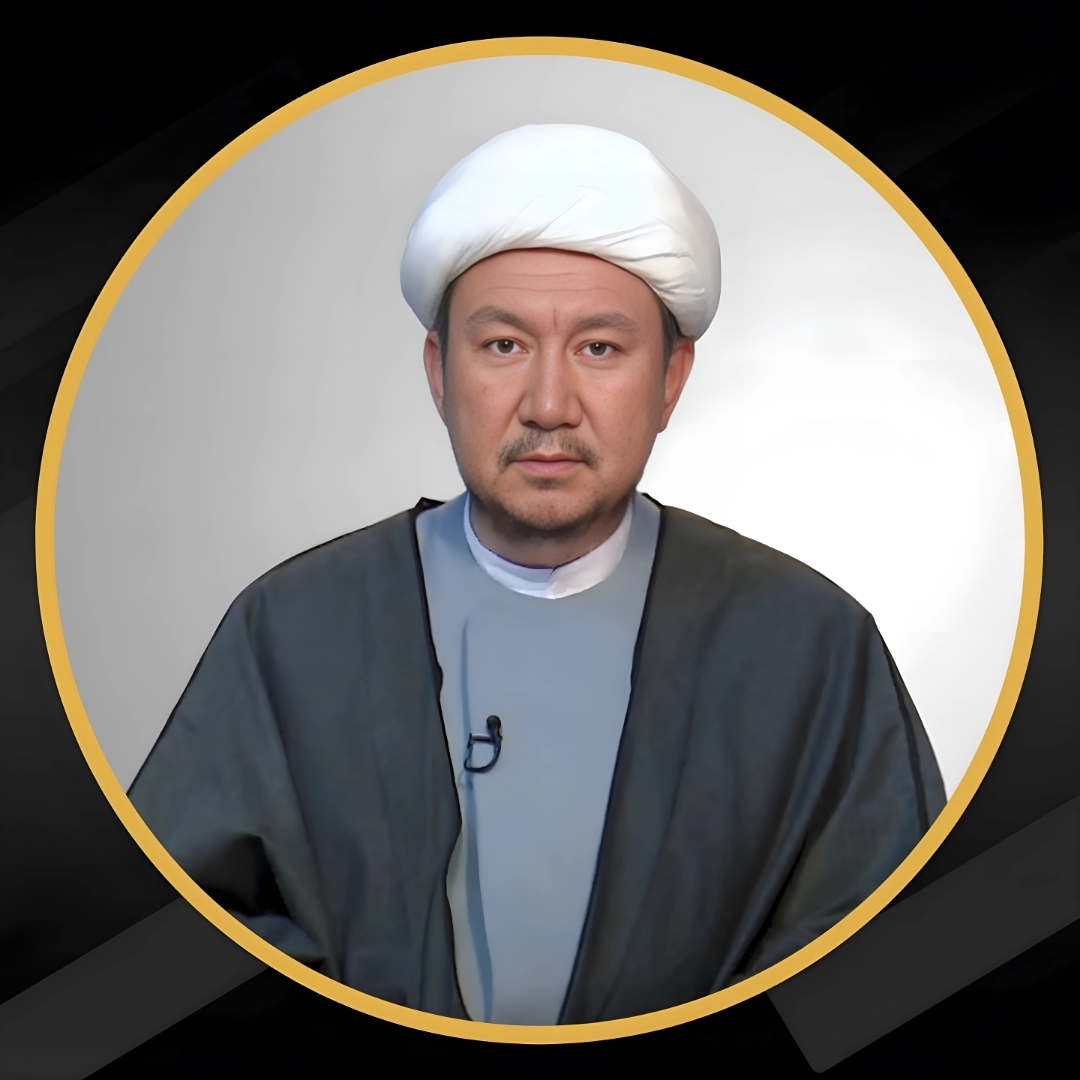گزیده درس پنجاه و هشت
دو مسئله از مسائل هشتگانه بیان گردید و مرحوم محقق در این درس به مسائل سوم و چهارم آن میپردازد که سومی در بارۀ کیفیّت علم به وقت و چهارمی راجع به ترتیب قضای فرائض یومیه است.
همه میدانیم که شناخت اوقات نماز در شرائط عادی، بسیار آسان است؛ ولی اگر فضا را ابر، مه، غبار و آلودگی روشنایی فرا گرفته باشد، در چنین شرایطی تشخیص اوقات نماز و بهخصوص شناخت طلوع فجر صادق و زمان دقیق نماز مغرب دشوار خواهدبود. در این شرائط ممکن است که مکلّف به لحاظ نظری اوقات نماز را بداند، امّا سؤال این است که چگونه این اوقات را به صورت عملی به اثبات برساند؟ مرحوم مصنف در مسئله سوم به همین سئوال پاسخ میدهد و احکام اوقات نماز را بیان میکند. ایشان در مسئله چهارم به نماز قضایی میپردازد که باید ترتیب در آن رعایت شود. مثلاً، چنانچه روز شنبه نماز صبح و روز دوشنبه نمازهای ظهر و عصرش قضا شده باشد، در ابتدا باید نماز قضایی صبح را بهجای آورد.
کلیدواژهها: علم، ظن، ترتیب، قضا و فرائض یومیه.
